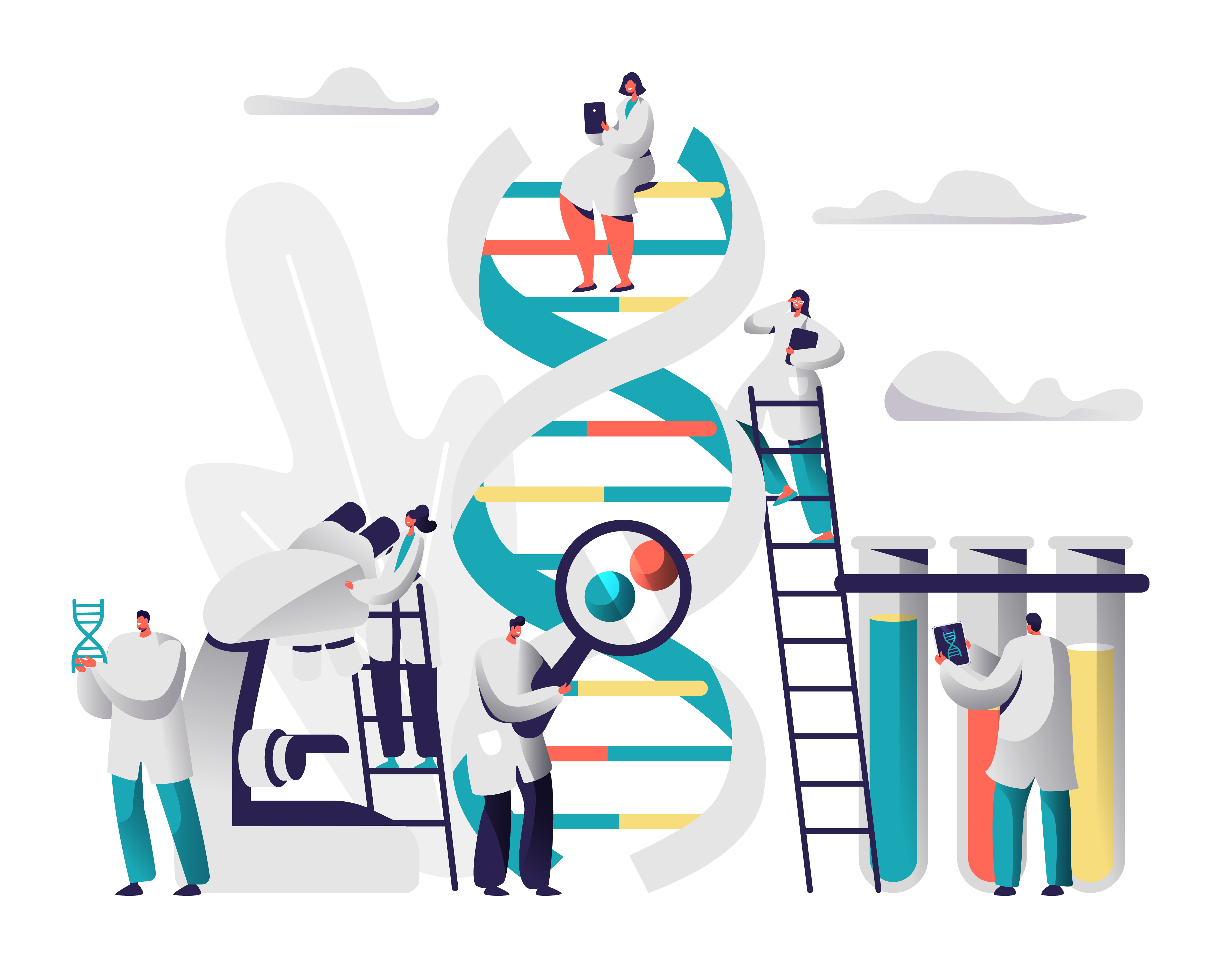Aggregated News

In July 2021, after more than two years of study and consultation, the World Health Organization’s Expert Advisory Committee on Developing Global Standards for Governance and Oversight of Human Genome Editing released two reports: a framework for governance and recommendations on human genome editing.
The governance framework lists a number ethical values and principles, many of which have not been included in previous international reports on human genome editing. The commitments to inclusiveness, fairness, social justice, non-discrimination, solidarity and global health justice inform the content of all three reports.
The committee also addressed research involving both somatic and germline human genome editing.
Somatic human genome editing involves making changes to the DNA of non-reproductive cells. The therapeutic aim is to correct mutations responsible for genetic disease. Germline human genome editing involves making changes to the DNA of reproductive cells. These changes become heritable when the genetically altered cells are used for reproduction. For many, heritable human genome editing is ethically contentious because of its impact on future generations.
As members of the WHO Expert Advisory, we appreciate the...



